Audio Transcription Service
We all use the term "good ears" from time to time to describe someone who picks up the barely discernible "drip, drip" of a leak that's started dripping from the roof into the attic, or the outdoorsman in the woods who goes into high alert when he hears the very faint snap of a twig nearby. In the world of audio transcription services, however, "good ears" has a much more expansive meaning than just having highly refined nerve fibers that transmit sound waves to the brain. Decibel range is certainly important; comprehension ability coupled with common sense can often be even more critical.
For example, many readers may have chuckled when they read in an earnings call transcript that the CEO of a large international company had commented, "We were delighted with the improvements we saw in the bricks last quarter." We understand that CEO herself was less amused, knowing that she had been referring to the BRICs (Brazil, Russia, India, China). The chuckles sounded more like guffaws when another obviously inexperienced transcriber typed what she heard a Wall Street analyst say, that the "footsie moved slightly lower."
We'd like to make two observations about these humorous but unfortunate gaffes. The first is to note that an experienced professional transcriber such as those on the roster at Transcription 2000 Services would have recognized those particular acronyms -- BRIC and FTSE -- immediately. The majority of our seasoned team members have been immersed in such general business and industry-specific terminology for decades. (And on those rare occasions we don't recognize a term, we're very good at ferreting it out.)
The second is to point out that a more seasoned transcription specialist, understanding that the words they seem to be hearing in such a situation really just don't seem to be appropriate, would indicate in some manner that they are providing a phonetic spelling of what they are hearing. The thought process here is that an "informed" reader of the transcript might very well be able to discern the speaker's meaning when provided this "sounds like" hint. In the two examples noted above, using brackets or some other indication denoting a phonetic spelling would at least have indicated that the transcriber was uncertain of their word choice, rather than apparently oblivious.
Sometimes the use of an (indiscernible) or (inaudible) flag is the only possible choice. But the use of phonetic spellings where appropriate are a part of a veteran transcriber's toolkit. An experienced professional transcriber always keeps the ultimate goal in mind -- to prepare and transmit the most readable, accurate and informative transcript possible. At Transcription 2000 Services we never lose sight of that objective. Our clients appreciate our good ears, but they depend and rely on our good judgment.

